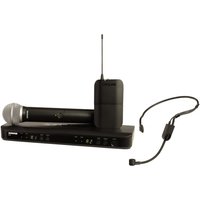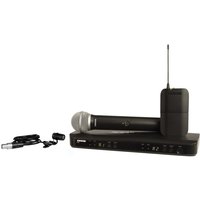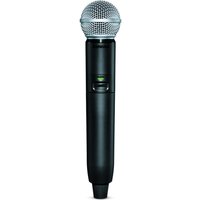In the world of audio recording and live performances, the significance of a good microphone lead (or cable) cannot be overstated. While microphones capture the sound, it’s the best mic leads that transmits this audio signal to your recording equipment or sound system. A high-quality microphone cable ensures that the integrity of the sound is maintained, reducing interference and noise. In this blog post, we will delve into the world of microphone leads, helping you choose the best ones for your needs.
Understanding Microphone Leads
Before diving into product recommendations, it’s important to understand what makes a good microphone cable:
1. Cable Types:
- XLR Cables: The industry standard for professional audio. They have three pins and provide a balanced connection, minimizing noise.
- TRS (Tip, Ring, Sleeve) Cables: Commonly used for studio recordings. They also offer a balanced connection.
- USB Cables: Used for connecting USB microphones directly to computers. They are practical for home studios and podcasting.
2. Build Quality:
- Shielding: Crucial for reducing electromagnetic interference.
- Connector Quality: Durable connectors like Neutrik and Switchcraft resist wear and tear.
- Cable Flexibility: A flexible cable is less prone to tangling and easier to manage.
- Jacket Material: Rubber or neoprene jackets are durable and resist damage.
3. Length:
- Short Cables (3-6 feet): Ideal for home studios to reduce clutter.
- Long Cables (10-25 feet or more): Necessary for larger studios or live performances.
best mic leads Recommendations
1. Mogami Gold Studio XLR Microphone Cable
- Best for: Professional studios and live performances.
- Why it’s great: Exceptional clarity, ultra-low noise, and durable build.
2. LyxPro Balanced XLR Cable
- Best for: Home studios and semi-professional use.
- Why it’s great: Affordable, good noise rejection, and reliable performance.
3. Hosa Pro Microphone Cable
- Best for: Budget-conscious users and practice sessions.
- Why it’s great: Solid build quality at a lower price point, decent noise reduction.
4. AmazonBasics XLR Male to Female Microphone Cable
- Best for: Beginners and casual use.
- Why it’s great: Very affordable, good for basic recording needs.
5. Shure C15AHZ 15-Feet Hi Z Microphone Cable
- Best for: Connecting Hi-Z microphones to unbalanced inputs.
- Why it’s great: Reliable performance, designed for professional use.
Key Considerations
Cable Length:
- Avoid Excess Length: Longer cables can result in signal degradation.
- Stage Use: For live performances, consider cable management systems.
Durability:
- Touring Bands and Live Events: Invest in higher-end cables that can withstand frequent use and rough handling.
Compatibility:
- Check Your Equipment: Ensure the cable end fits your microphone and recording equipment.
The best mic leads can significantly impact the sound quality of your recordings or live performances. While it’s easy to overlook this component, investing in a good-quality mic lead pays off in the long run. Whether you’re a professional sound engineer, a musician, or a podcaster, choosing a cable that matches your needs and budget is crucial.
Remember, the perfect mic lead is one that not only transmits sound with clarity but also stands the test of time in your unique environment. Happy recording!
CHECK PRICES AT ZZOUNDS



